
Under God’s Shadow
Under God’s Shadow
Japanese society personifies a moral and ethical foundation rooted in the dōtoku (ethical sensibility) precept, as described in the Seventeen-Article Constitution conceived by Shotoku Taishi in 604 CE.
Prince Shotoku was instrumental in the foundational construction of Japanese society by unifying Buddhism and Confucianism which happens to be a speciality of the Japanese—blend novel concepts and innovative ideas, creating a distinctly Japanese flavour, exotic, mystic, and unique.
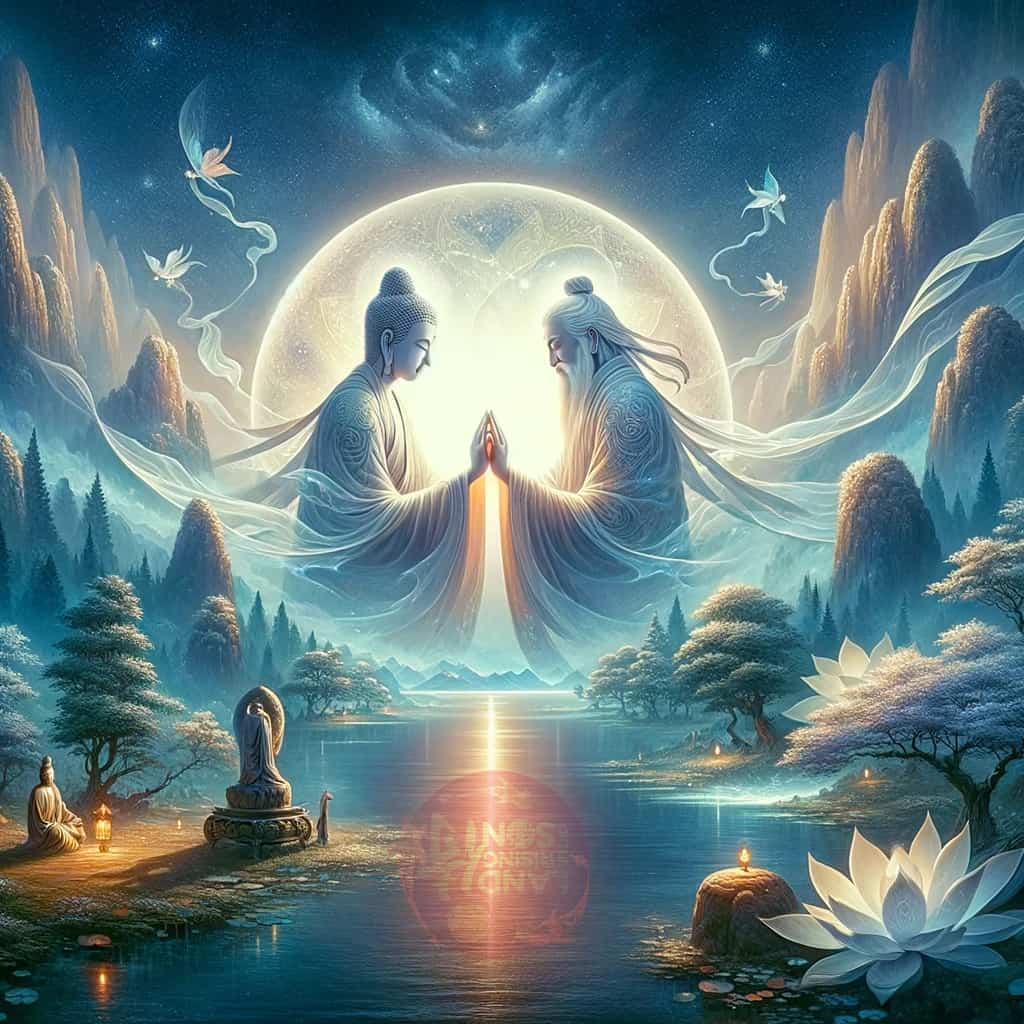
This constitution is the earliest example of a moral and ethics code enshrined in an official government document—promoted as guidelines for personal conduct and appropriate behaviour—leading to the creation of an emergent society.
The essence of this seminal document is still reflected in modern Japanese society.
The Japanese, often viewed as quirky, have been described as—‘somewhat of a peculiar race.’
The Yamato people evolved in isolation over millennia, developing a polite but ambiguous communication etiquette and utilizing the ancient script of complex pictograms—kanji「漢字」

Probe the nooks and crannies and see that the Japanese are a conduit for enlightenment and part of a strategic game plan—explore enlightened adages, uncover and discover nuggets of wisdom in a four-kanji-compound.
Capture the ability to see inside the consciousness of the Japanese—to know the minds of our ancestors—the creators of timeless Eastern philosophy—now emerging into Civilization Three.
Delightful gems of refined politeness raining out from Japanese—residing Under God’s Shadow is a way to express gratitude with the polite societal helper just say—o kage sama de.

When first observing the protocol of o kage sama de, the verbal exchange seemed superfluous and of little practical use—from an Incidental Occxie’s point of view—not understanding this alien languages exchange and to grasp this communication paradigm only needs time before the ability to extensively comprehend.
When participating and facilitating a harmonious polite society, the default position is to view everyone as inextricably underneath the protective shadow in the Land of the Gods—if fortunate to be living in Japan, o kage sama de is the first thing that should be what comes to mind.
The practical nature of the Japanese shows how to successfully structure societies that adapt and evolve, enriching the greater world encapsulating Japanese life philosophy—live and let live—what will be will be.
 Invoking mystical entities works for the Japanese, a quirky peculiarity, connecting the spirit of Japan to ancestor worship is what it has turned out to be—all living beings residing Under God’s Shadow venerate our ancestors for they are the creators of the civil society of Japan.
Invoking mystical entities works for the Japanese, a quirky peculiarity, connecting the spirit of Japan to ancestor worship is what it has turned out to be—all living beings residing Under God’s Shadow venerate our ancestors for they are the creators of the civil society of Japan.
The next step for o kage sama de is to put it to practical use being friendly with the Japanese, use it liberally as it is applicable in many ways—by doing so, now a step closer to understanding the Japanese and what is inside their heart, mind, and soul.
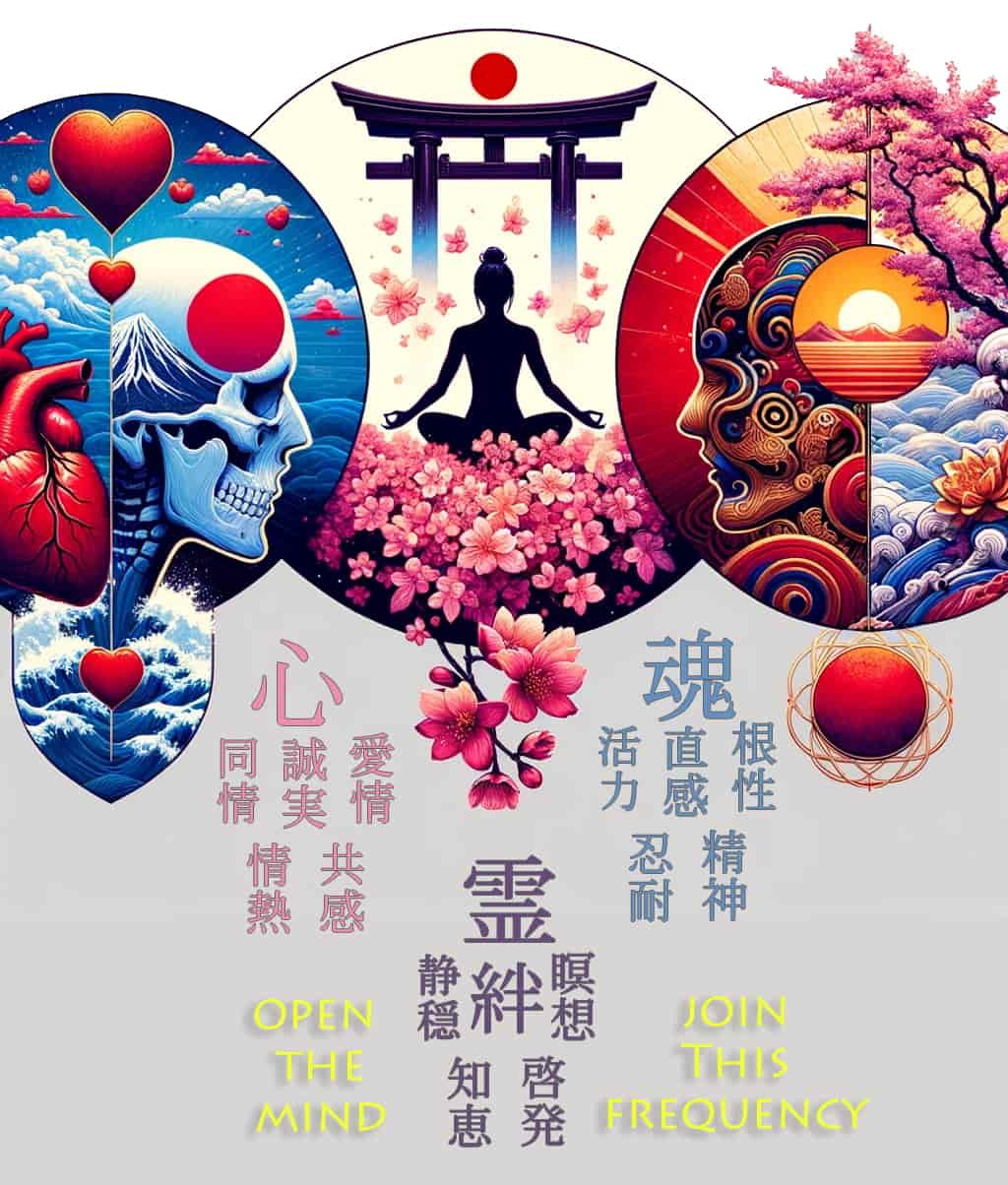 Congratulation, now tuned into the frequency of the Japanese—possible through daily practice and sacrifice—Cross The Chasm go all the way to feel the heart and soul of the Japanese.
Congratulation, now tuned into the frequency of the Japanese—possible through daily practice and sacrifice—Cross The Chasm go all the way to feel the heart and soul of the Japanese.
Fully comprehend while participating inside Japanese society with a renewed heart and mind and vigour and vim—join in the determination to create civilization founded upon the notion we all reside Under God’s Shadow—o kage sama de.


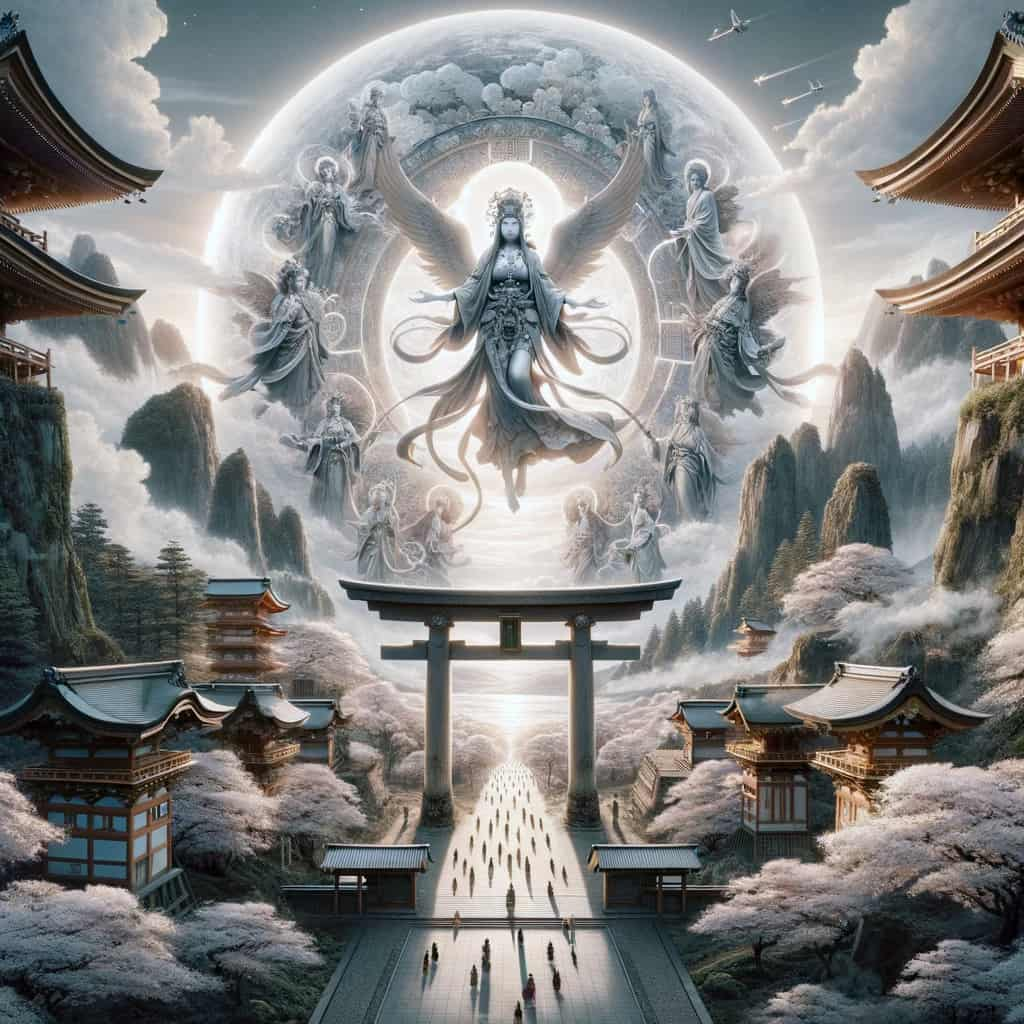

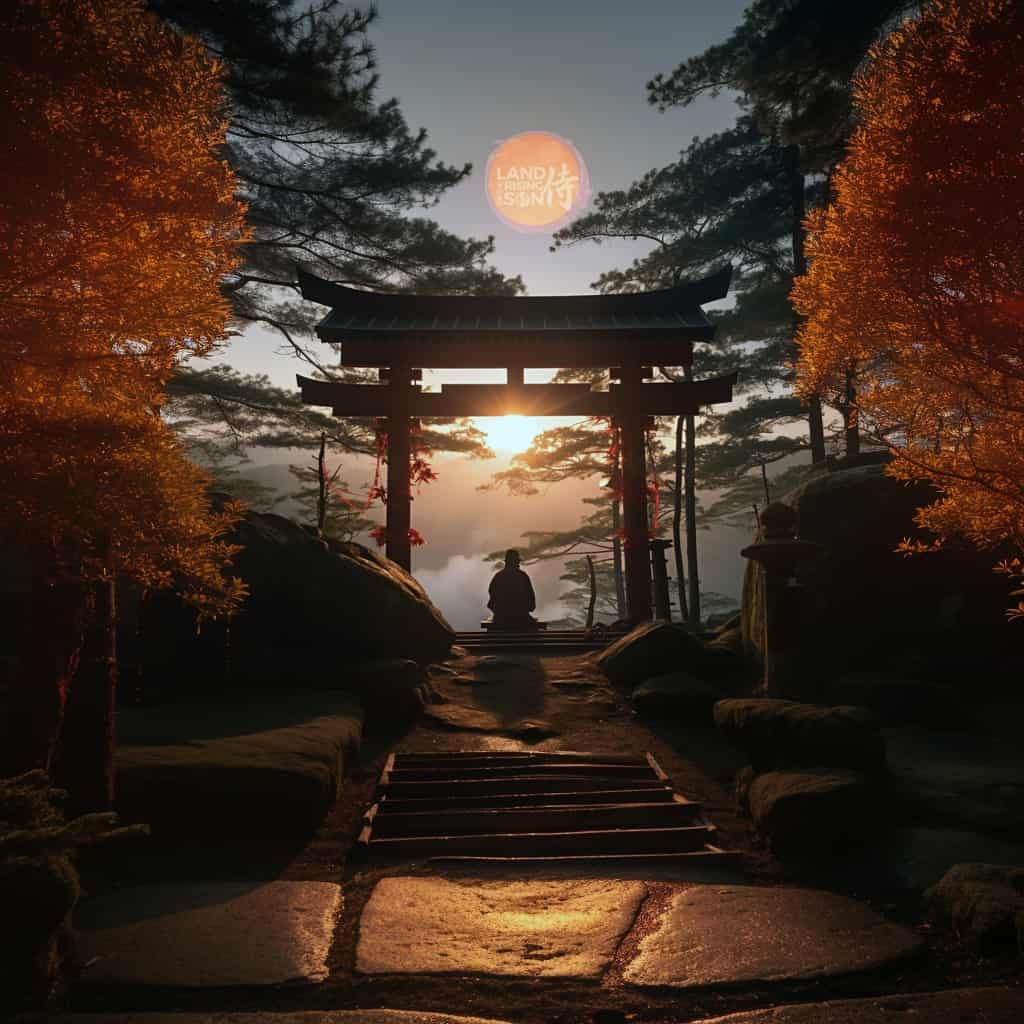
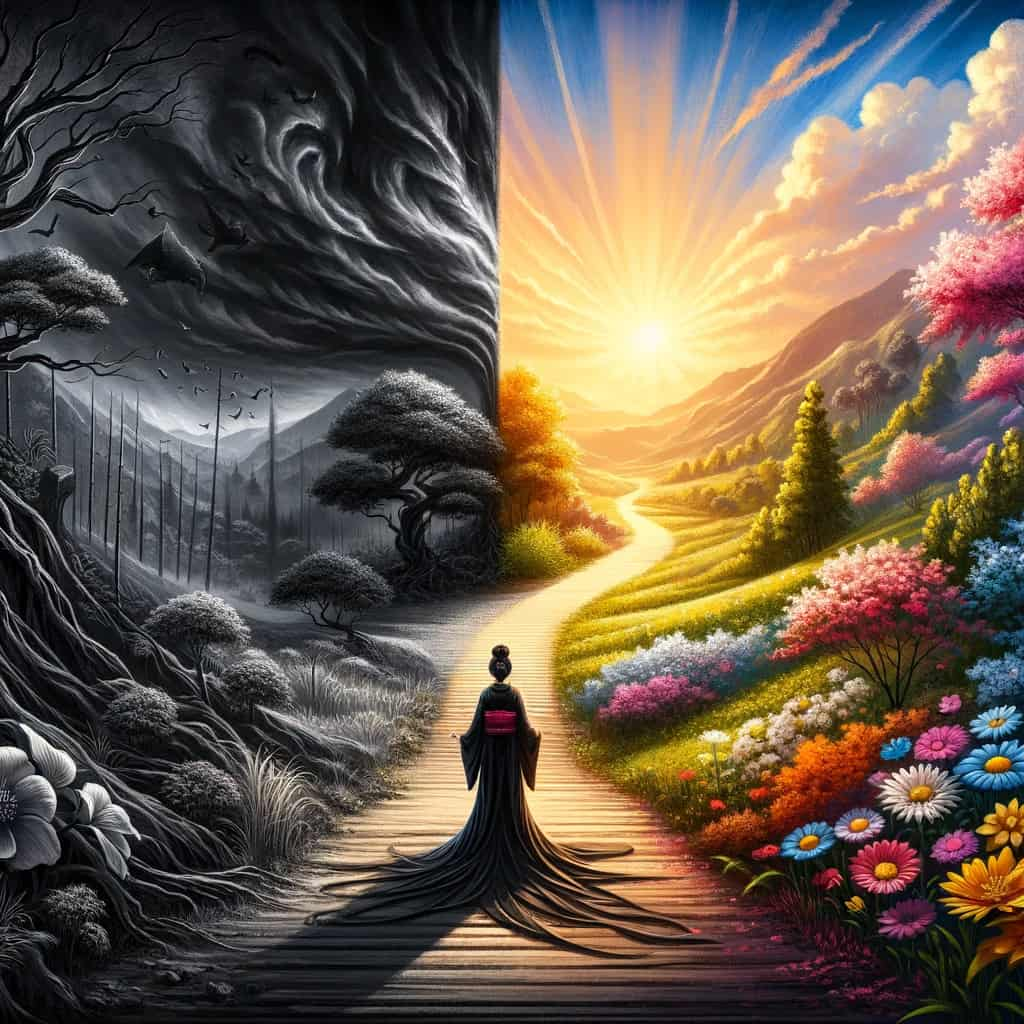 The mandate of the
The mandate of the 
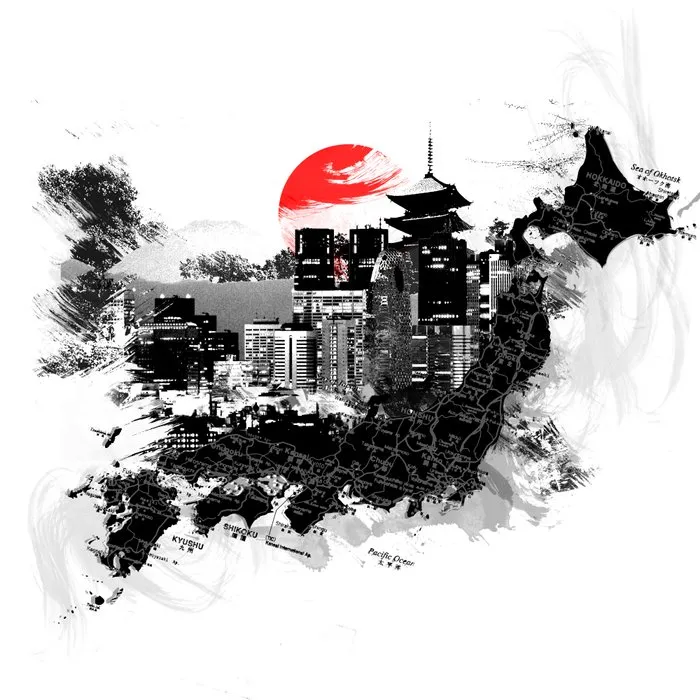
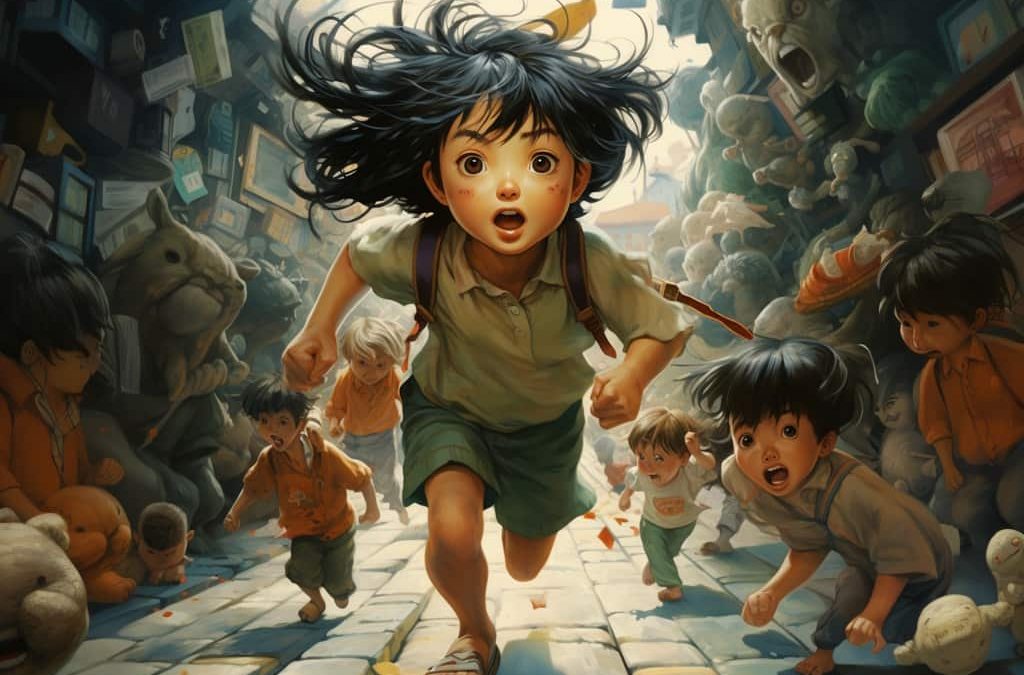
 So, what exactly is the Matrix?
So, what exactly is the Matrix? Hint
Hint More often than not wilful ignorance is chosen while outright reject, or worse yet, not even noticing the fundamental protocol of kūki o yomu (read the air) being a requisite step toward enlightenment, therefore to discern the truth lurking behind all constructed reality—tatemae.
More often than not wilful ignorance is chosen while outright reject, or worse yet, not even noticing the fundamental protocol of kūki o yomu (read the air) being a requisite step toward enlightenment, therefore to discern the truth lurking behind all constructed reality—tatemae.

 Indeed, the Japanese are mandated to conform to the meticulous societal protocols as a matter of patriot duty—the fact remains we are all Japanese.
Indeed, the Japanese are mandated to conform to the meticulous societal protocols as a matter of patriot duty—the fact remains we are all Japanese.


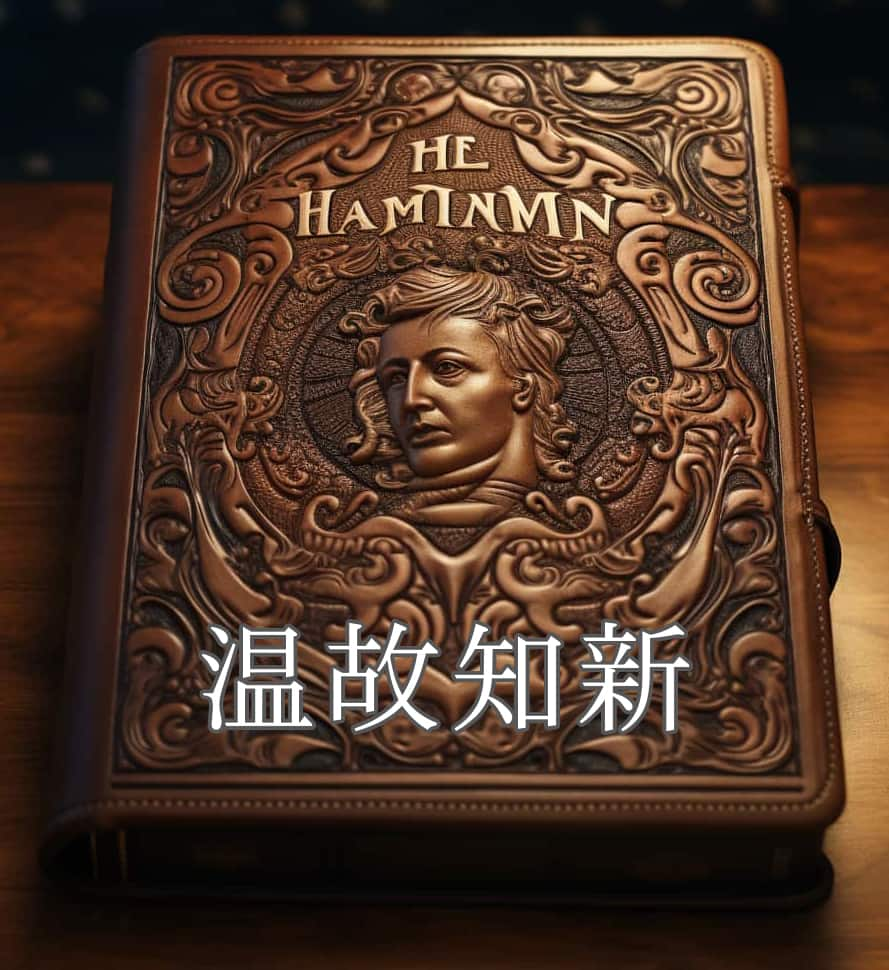
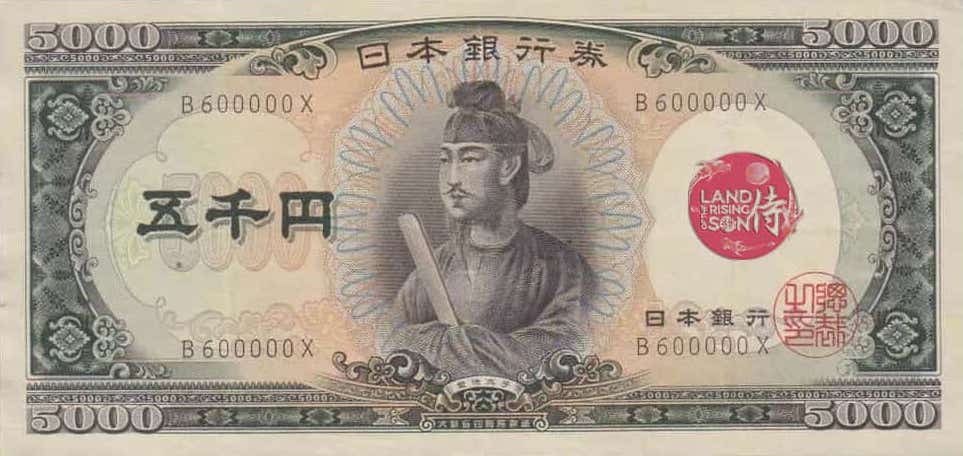


 Plurals have been engineered as the basis for all accounting—created to divi up every last earthly molecule—including you know who—bundled up and then sold to the highest bidder.
Plurals have been engineered as the basis for all accounting—created to divi up every last earthly molecule—including you know who—bundled up and then sold to the highest bidder. Japanese society is based upon an ancient hierarchal system built over millennia—within the convention of Japanese societal protocol, the pursuit of happiness makes no practical sense to the Japanese mind at all—the emotion called happiness and the pursuit thereof, is conceptually alien to all monolingual native
Japanese society is based upon an ancient hierarchal system built over millennia—within the convention of Japanese societal protocol, the pursuit of happiness makes no practical sense to the Japanese mind at all—the emotion called happiness and the pursuit thereof, is conceptually alien to all monolingual native 


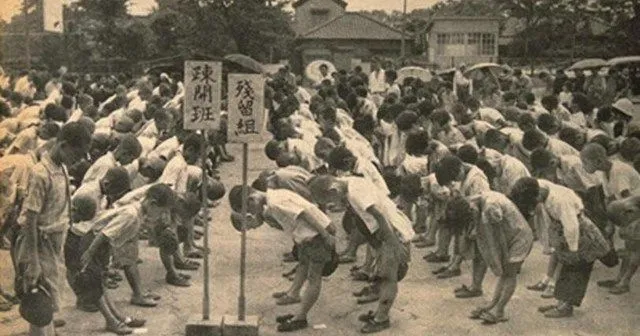
 Failing to adhere is kind of like a grave smear—would you not have to say, there is no worse way to establish a respectful relationship?
Failing to adhere is kind of like a grave smear—would you not have to say, there is no worse way to establish a respectful relationship?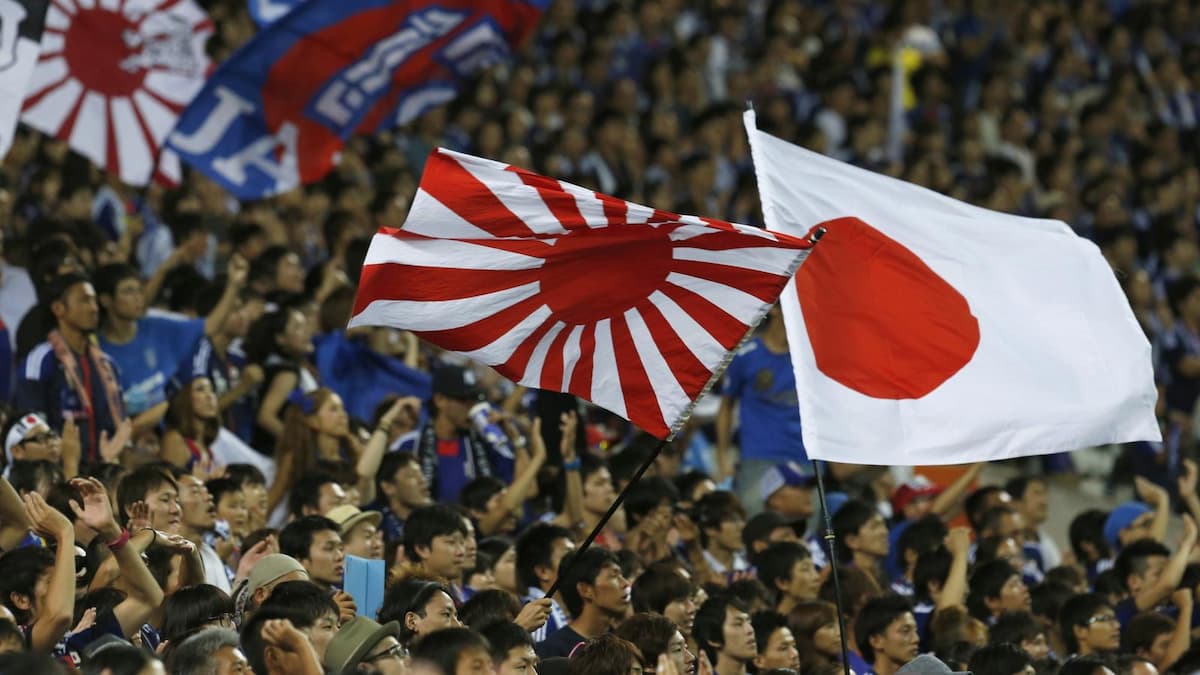

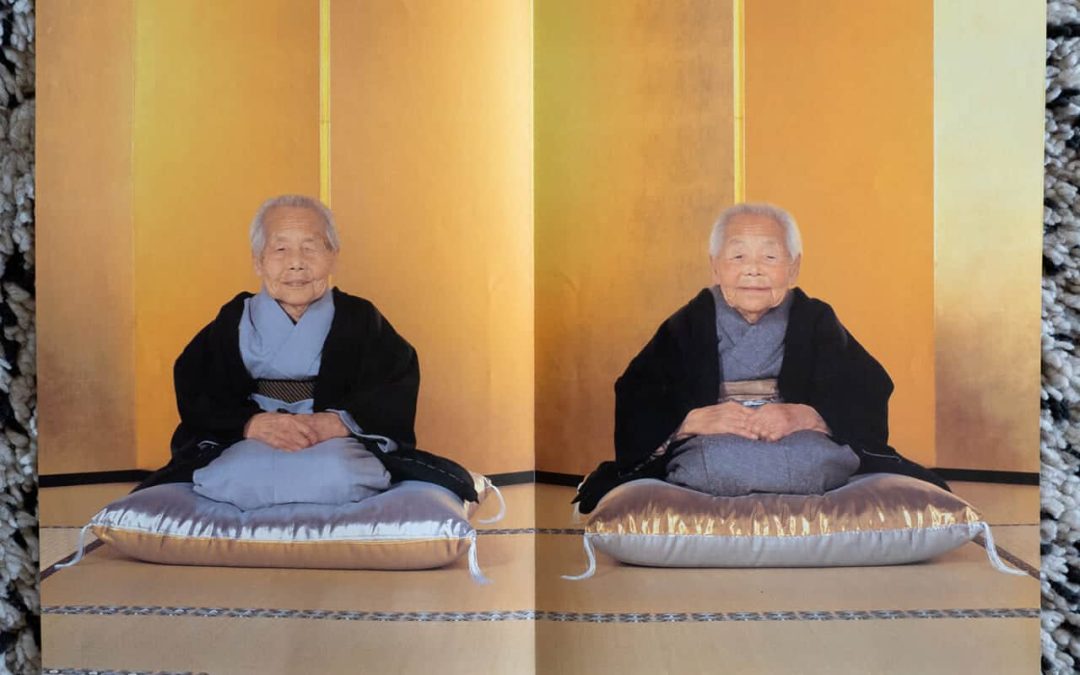
 Eventually they moved away, the fond memories of this early friend still linger today, solidifying my eternal friendliness towards his
Eventually they moved away, the fond memories of this early friend still linger today, solidifying my eternal friendliness towards his 

 In Japanese, friends are not friends in the sense of those living in Occxie-land understand, they are to network with, and perhaps at one point, will be useful as collaborators in some kind of life’s master plan.
In Japanese, friends are not friends in the sense of those living in Occxie-land understand, they are to network with, and perhaps at one point, will be useful as collaborators in some kind of life’s master plan.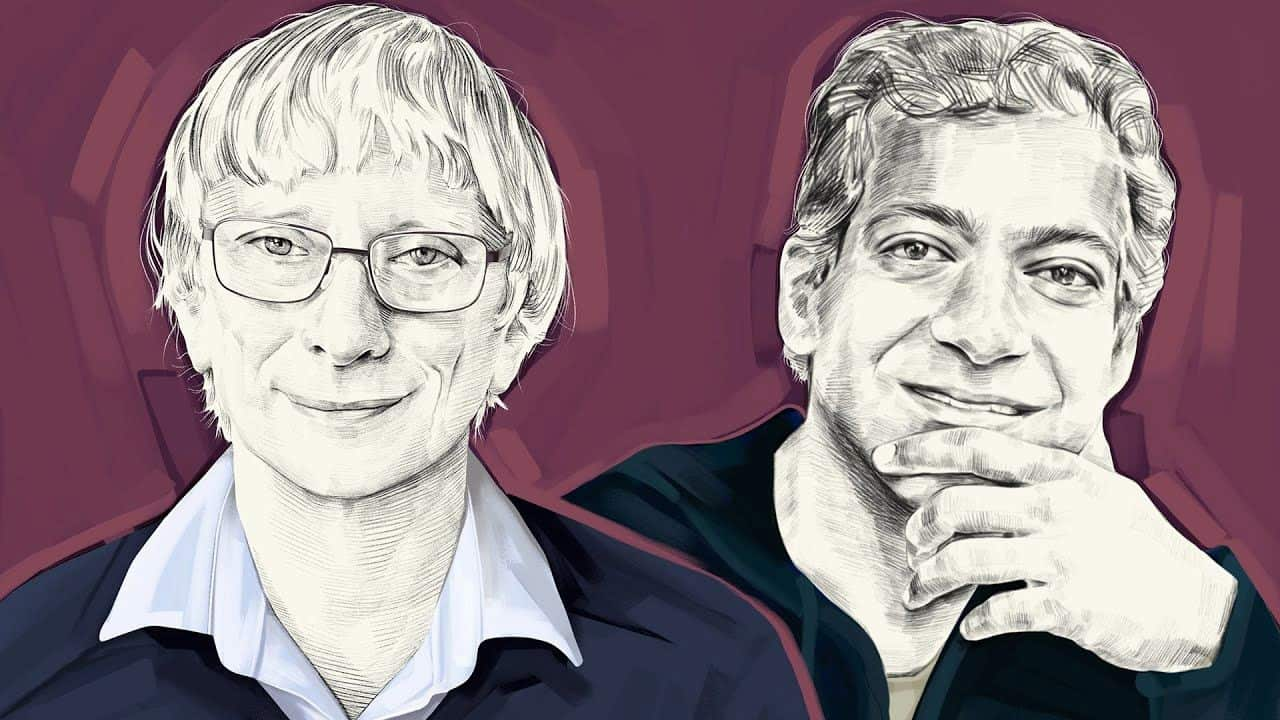 A major sign of the twilight waning of any relationship, when reduced to mere convenience—as like all living things, all friendships fade away and then die.
A major sign of the twilight waning of any relationship, when reduced to mere convenience—as like all living things, all friendships fade away and then die.

Recent Comments